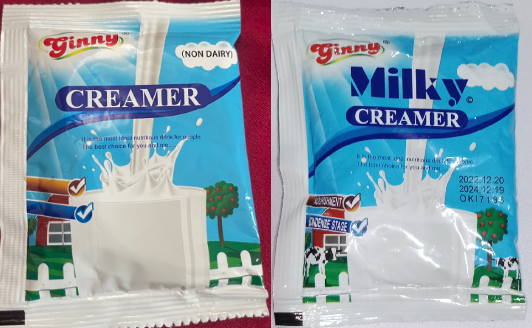The National Agency for Food and Drug Administration and Control (NAFDAC) has issued a crucial warning to Nigerians to always demand receipts when purchasing goods.
Prof. Mojisola Adeyeye, the Director-General of NAFDAC, made the statement during an appearance on the News Agency of Nigeria (NAN) Forum in Abuja. The advice is part of ongoing efforts to ensure public safety and protect consumers from falling victim to substandard goods.
“Never buy goods without a receipt,” said Adeyeye, stressing the importance of tracking the seller in case any purchased items turn out to be defective. She explained that a receipt serves as proof of purchase and makes it easier for consumers to hold sellers accountable.
“If you don’t get a receipt, you risk being unable to trace the seller, especially when the goods are defective. A receipt allows you to return the item or get a refund,” she added.
NAFDAC’s concern comes at a time when Nigerians are increasingly being faced with goods that are either counterfeit or of poor quality, which have the potential to harm consumers’ health.
The agency has been at the forefront of safeguarding Nigerians from dangerous and substandard products, whether food, drugs, or cosmetics, and Prof. Adeyeye’s message to the public is a reflection of NAFDAC’s commitment to reducing health risks in the country.
“Consumers must be vigilant when shopping. Always ensure the goods you buy have the NAFDAC registration number,” Adeyeye advised. This marks another call for stricter monitoring of the supply chain to ensure compliance with regulations that guarantee the safety of products.
The NAFDAC boss further highlighted the importance of checking the date of manufacture and expiry when buying consumables, especially food products. “If the product is not clearly marked with important details, or if it looks questionable in any way, don’t buy it,” she cautioned.
She also advised consumers to carefully inspect the packaging of any goods, noting that damaged or suspicious packaging might indicate that the product inside is unsafe. “Packaging speaks volumes about the quality of the product. If the packaging is compromised, the product could be too,” she said.
In addition to this, Prof. Adeyeye highlighted the need for Nigerians to pay attention to the proper cooking of their food, particularly grains, to eliminate any harmful germs. “Grains should be cooked properly to kill any bacteria or germs that might be lurking,” she advised, adding that this practice would significantly reduce foodborne illnesses.
The NAFDAC director stressed that despite the often tempting discounts on goods, consumers should avoid purchasing items that may appear “cheap” but are lacking essential safety features, such as NAFDAC registration or visible expiry dates.
“Don’t fall for the price tag. It’s always better to be cautious when it comes to your health,” Adeyeye warned, reminding Nigerians that their health is far more important than any bargain.
NAFDAC’s public outreach comes as part of a broader initiative to promote public health safety and combat the growing trend of substandard and unsafe products in the market. The agency has continuously worked to improve regulations and enforcement in the country, aiming for a healthier Nigerian population.
Consumers are encouraged to report any instances where sellers refuse to provide receipts or fail to offer the required product information, as part of NAFDAC’s efforts to hold erring traders accountable.
“NAFDAC’s goal is to have a healthy nation,” Prof. Adeyeye reiterated. “With the public’s cooperation, we can make this a reality by ensuring that only safe, regulated products make it to the market.”
In a world where counterfeit goods and substandard products often find their way into the market, this call to action from NAFDAC comes as a much-needed reminder for Nigerians to remain vigilant and protect themselves from potentially harmful products.

